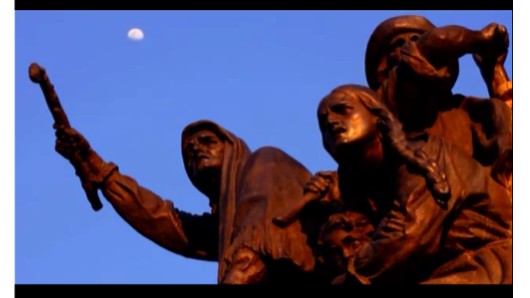|
Mothers Day in Bolivia is May 27th Español In many countries Mothers Day is celebrated on the second Sunday of May each year. In Bolivia we celebrate it on May 27th no matter what day of the week it is. After Christmas, Dia de la Madre is probably the most celebrated holiday in Bolivia. Mothers are virtually revered here. For flower shops and bakeries this is the biggest sales day of the year.
Bolivians are very into special occasions and this is no exception. People celebrate not only their own mothers, but send congratulations, and possibly gifts and flowers, to all their friends who are mothers.
Moms, grandmothers, aunts, cousins, sisters, wives – no one is left out of Mothers Day. It is not unusual, even if you are a woman for example, to call or visit your girlfriends who are mothers and even to send them Mothers Day gifts such as flowers. Families (usually large, extended families) get together on Mother's Day to celebrate with dinner or a very elaborate, fancy tea. Moms get extra special attention from school children too. Schools prepare for Mothers Day weeks in advance and frequently invite students’ families to the school. Students recite poems, sing songs, put on plays, and give their mothers handcrafts they’ve made specially for this occasion. Why do we celebrate Mothers Day on May 27thIn 1812, when many regions of South America were fighting for their independence from Spain, the Spanish army, led by Brigadier General Goyeneche, had just left the area of Cochabamba where he thought he had squelched an insurrection. He was headed toward Argentina to invade various provinces that had begun to revolt there too; however, patriots in Cochabamba, headed by Esteban Arze, revolted again after he had left. So he quickly returned and soundly defeated them. On May 27th, with their husbands, brothers and fathers dead or dying, the women of Cochabamba didn't hesitate to take up arms and rise up in defense of the region. A valiant woman named Manuela Gandarilla (who was very old and also blind!) gathered a group of women to fight against the Spaniards. The battle took place on a hill called "La Coronilla" (known today as the "Cerro San Sebastián"). During this uprising, Spanish troops slaughtered hundreds of women.
Bolivia eventually did achieve its independence in 1825. Two years later, on November 8, 1927 a law was passed declaring May 27th as Mother's Day (also known as the "Day of the Heroines of Coronillas") in homage to the hundreds of women who helped defend and liberate Bolivia from Spain on a hill in Cochabamba that day. If you ever travel to Cochabamba, you can visit the monument to the "Heroinas de Coronillas". The law also indicates that "charities and organizations that protect orphans can also take part in festivities on this date to highlight the virtues of motherhood". During recent years, some schools have preferred to have a Family Day instead of celebrating Fathers Day and Mother's Day separately. Entire families spend the school day playing games and competing against one another. It’s really very fun! Parents take the day off from work to attend. Of course children only attend school four hours a day here, so it's not difficult to get a morning or an afternoon off to participate. Local newspapers run articles weeks in advance in which local celebrities, models and other well-knowns pay homage to their mothers. I love this day! I think it’s absolutely ridiculously lavish and wonderful that so much attention is paid to moms – but then, I would say that. I am one. Happy Bolivian Mother’s Day!! Feliz Día de la Madre!!     |
